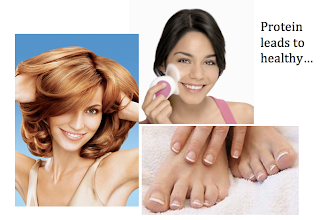
Although given a bad reputation, fat actually has very critical roles for the body. These roles include storing energy [and supplying energy throughout long duration activities] and insulating and protecting vital organs from trauma and temperature change. Moreover, fat manufactures growth and "maintenance" hormones and transports nutrients such as vitamins A, D, E, and K throughout the bloodstream.
Fat (scientifically called "lipids") is composed of glycerol and fatty acids. 20%-25% of your total diet should be from fat, however you should stick to eating unsaturated fats because these are the "healthy" fats. Some examples of unsaturated fats are olive oil, salmon, almonds, pecans, and avocados. Examples of saturated fats, which you should try to steer clear of, are cheese, butter, egg yolks, and pastries.
http://www.betterhealthusa.com/public/268.cfm
http://www.nlm.nih.gov/medlineplus/ency/article/002468.htm
http://www.saskschools.ca/curr_content/science10/unitc/fats.html
"Sports Nutrition Course" -Fat Pamphlet
Picture:
http://www.nutritionresolution.com/2010/01/what-you-must-know-about-fat/
http://www.textbookrevolution.org/index.php/File:Checkmark_green.svg


